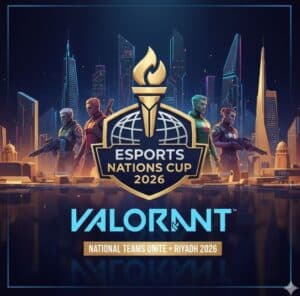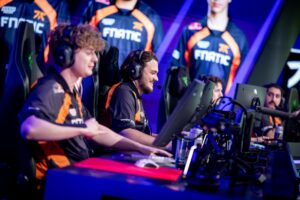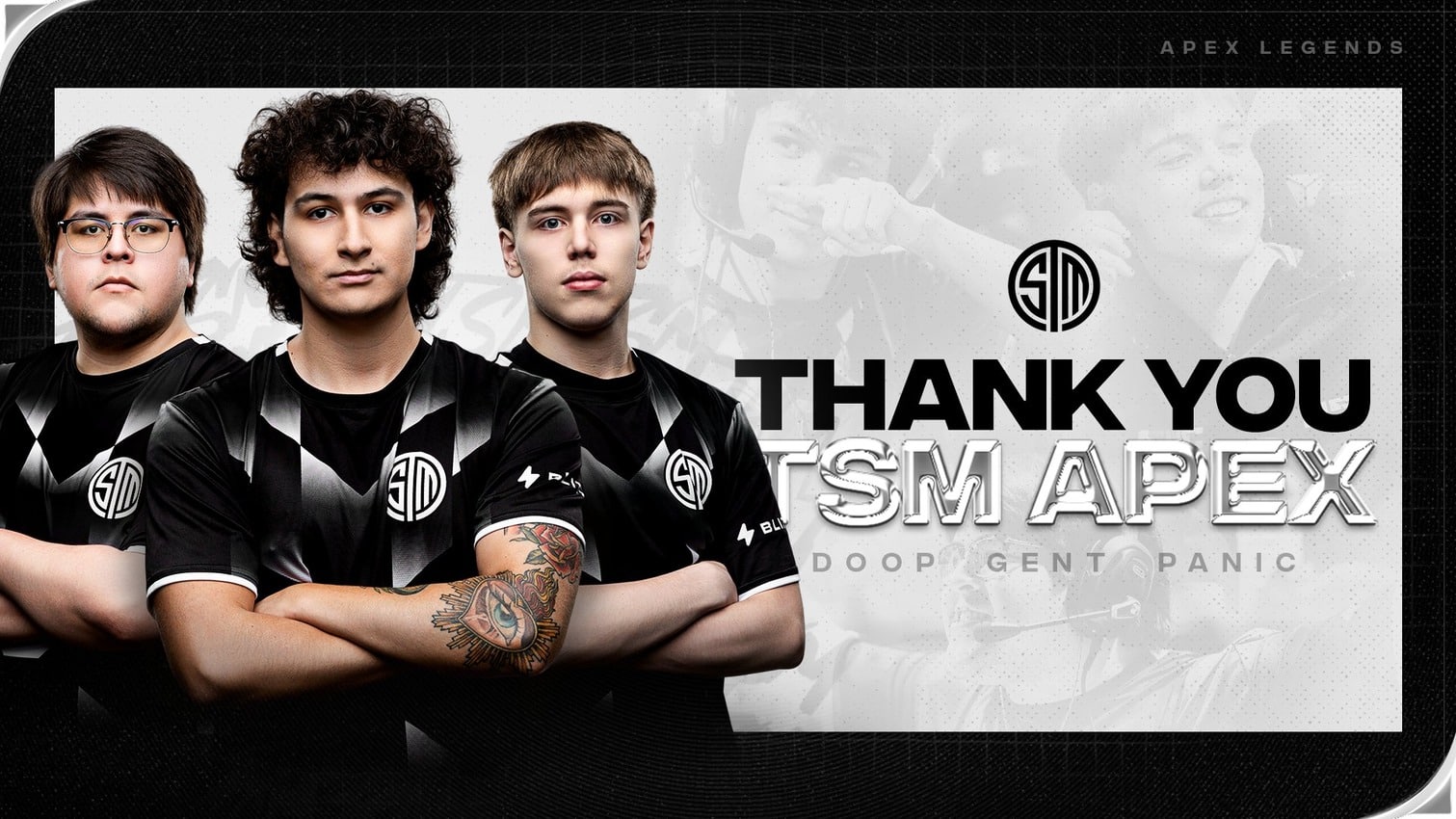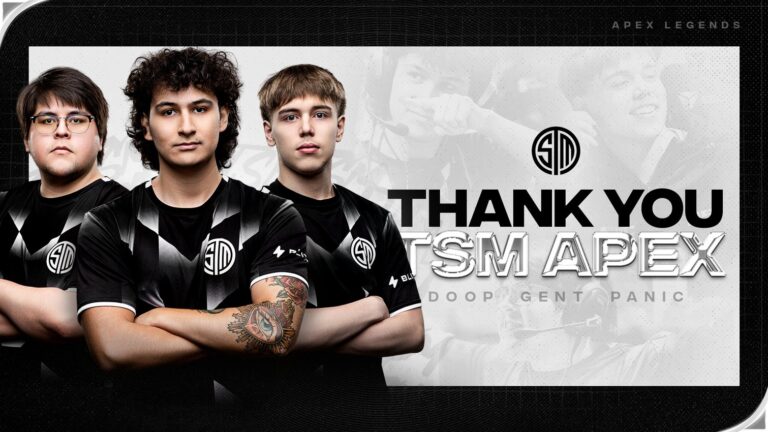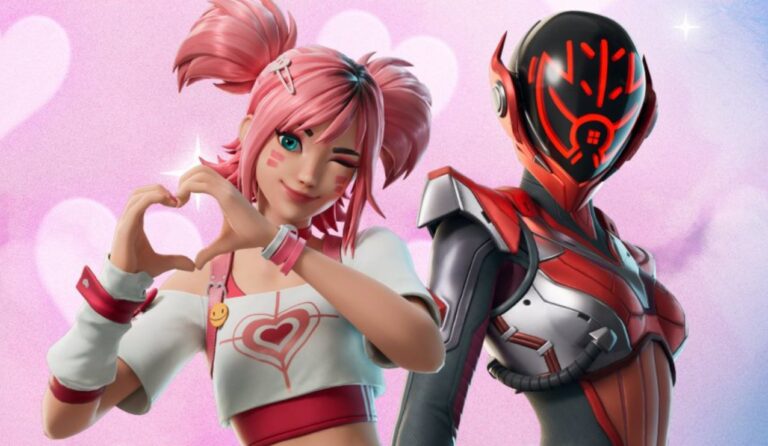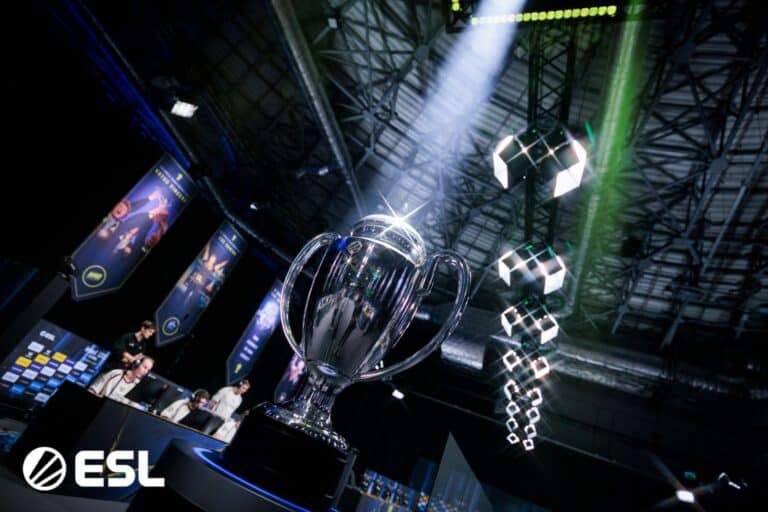Why esports needs to understand more about autism
Dom Sacco, Senior Editor
Last Updated: 17/04/2019
Esports News UK editor Dom Sacco reports from the ‘Autism and the games industry’ event
If I had a pound for the amount of times I’ve seen the word ‘autist’ used as an insult in online games, I would be a rich man.
Posts like this from a League of Legends player demonstrate it’s a common insult, while recent incidents like this (about a sports team’s counselor berating League of Legends and calling their esports team “autistic nerds”) do nothing to help educate around autism.
An ‘Autism and the games industry’ event took place London last week, aiming to bust some of the myths and help attendees #UnderstandMore about this topic. It was held by charity Autistica in partnership with the BFI Certification Unit and EOB Esports Academy.
The event explored why video games are popular in the autistic community, how the games industry can support and attract autistic talent, and how games can be made more inclusive for autistic gamers.
A panel discussing this topic included the following speakers:
- Dr Jo Twist OBE, Ukie CEO
- Dr Brett Heasman, post-doctoral researcher
- Jade Hall-Smith, games designer and autism advocate
- Laura Francis, games journalist
- Jon Spiers, CEO, Autistica
Autistica CEO Jon Spiers said: “I think that from a scientific standpoint, games offer us something really quite new and exciting.
“I think gaming offers a really exciting window into new forms of research” – @YesWeJon #AutisticaGaming #LGF19 #UnderstandMore pic.twitter.com/lCVbxvh4hL
— Dominic Sacco (@Dom_Sacco) April 11, 2019
“We’re at a point where games are enough a part of people’s lives and are based fundementally on the approach of data and creating situations which are inherently testable.
“I think they offer us a really exciting window into new forms of research. I think we can use games to understand the ways autistic people perceive and interact with the world in a way that a lab test – or even an observation study – couldn’t necessarily do.”
There were positives highlighted as to how gaming can help people with autism:
Great point being made in the #AutisticaGaming discussion: gaming helps ppl to connect and relax, gaming requires exceptional perspective taking, flexibility & communication skills. This challenges stereotypes of autism and of gaming.#UnderstandMore @AutisticaUK
— Jenny Gibson (@DrJennyG) April 11, 2019
Jade Hall-Smith tells our #AutisticaGaming panel how gaming has always been the thing to calm her down when things get too much. It’s helped her develop social communication skills and hand-eye coordination too. pic.twitter.com/FSke1OfYZa
— Autistica (@AutisticaUK) April 11, 2019
On the topic of ‘autist’ being used as an insult in online games, one League of Legends player with Asperger syndrome previously said: “I find the whole “autist” flaming both ignorant and grammatically abhorrent.”
Jade Hall-Smith, games designer and autism advocate, said, in response to Esports News UK’s question about the panel’s views on ‘autist’ being used as an insult: “I used to play online games, I find in certain kinds of games like Call of Duty and Battlefield people can be more aggressive and violent unfortunately.
“Where I’ve got dyspraxia as well, I used to struggle with character movement and fast-paced games. I can’t play those games as they require fast button movement. I used to get a lot of abuse for that.
“So I think sometimes you get horrible messages like, ‘are you retarded?’ and really mean, horrible things. I know there’s a Minecraft server for autistic people and that’s really nice because you get to play in your own time and meet other people on the spectrum as well who aren’t going to give you that level of abuse.
“So I think there should be servers for games that are exclusively for people with disabilities or people who are not avid gamers and might need a bit more time.”
Jade added she would like to see more events with a quiet room or space for people on the spectrum.
A person in the crowd, who wanted to stay anonymous, added another comment after Esports News UK’s. They said: “In regards to toxic game chat and so on, for me it actually improves the experience because it adds emotion to the game, really.
“Sure, it might not sound nice, everyone throwing insults around, you know, but if you go a bit deeper, it puts emotion into the game. You may not think of it like that, but that’s how it’s worked for me.”
Steve Godwin from Enemy of Boredom Esports, an academy which helps people develop skills through playing esports, also spoke about how playing competitively can be a benefit to people with autism.
They also held a mini Smash Bros tournament for attendees.
Steve Godwin of @EOBBYTE on helping young people in social isolation to engage with society by creating Esports teams #autisticgaming #LGF19 #understandmore pic.twitter.com/jvIYzPJDeD
— Anna Mansi (@AnnaMansiBFI) April 11, 2019
Shoutout to @EOBBYTE students who held a mini SMASH tournament at the @AutisticaUK #AutisticaGaming event yesterday! As well as medals and badges, @InsertCoinTees donated some t-shirts and pins for the winners ???
Great way to end the week…. Shame I’m so bad at SMASH ?? pic.twitter.com/MduaWj53R8— Jake Mackey #AutisticaPlay (@LevelUpJake) April 12, 2019
Autistica is currently asking people working in the games industry to fill in this neurodiversity employment survey.
They’re hoping it will help them understand how to make work environments more comfortable for autistic employees.
There is still work to be done and education to be made around autism, but events like this and the work of Autistica and Enemy of Boredom is no doubt a positive step.
Further reading: Check out this interesting article by panellist Laura Francis on Eurogamer, titled ‘Character before condition – looking at gaming and autism representation’.
Dom Sacco, Senior Editor
Dom is an award-winning writer and finalist of the Esports Journalist of the Year 2023 award. He has almost two decades of experience in journalism, and left Esports News UK in June 2025. As a long-time gamer having first picked up the NES controller in the late '80s, he has written for a range of publications including GamesTM, Nintendo Official Magazine, industry publication MCV and others. He also previously worked as head of content for the British Esports Federation.
Stay Updated with the Latest News
Get the most important stories delivered straight to your Google News feed — timely and reliable





From breaking news and in-depth match analysis to exclusive interviews and behind-the-scenes content, we bring you the stories that shape the esports scene.
Monthly Visitors
User Satisfaction
Years experience
Latest
